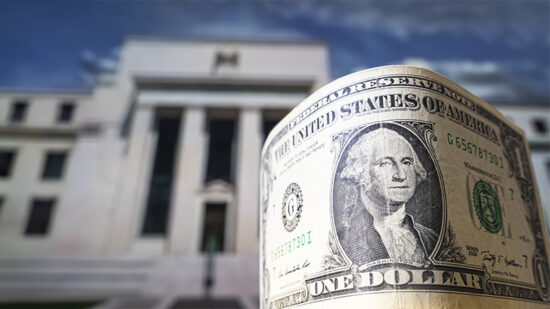The gilt holdings of UK private investors have fallen £123m in the past year amid volatility in bond markets and uncertainty over the UK economy.
Numbers from chartered accountants and advisory firm Lubbock Fine showed holdings dropped from £3.38bn to £3.26bn.
Expectations that falling inflation and a reduction in interest rates in 2024 would see an increase in gilt prices and greater private investment into gilts have not been realised.
Yields on 10-year gilts opened the year at 3.79% and currently stand at 4.58%, an increase of 79 basis points.
According to Lubbock Fine, ‘stubborn inflationary pressures’ have contributed to lower investor confidence in gilts, with UK inflation only briefly falling below 2% in September before rebounding.
See also: Analysis: What does 2025 hold for fixed income?
At the end of 2023 markets had predicted interest rates to be cut by a full percentage point through 2024 but only two quarter-point cuts have materialised.
The firm pointed to other headwinds preventing private investors returning to the gilt market including increased bond issuance depressing the market, the effects of the Budget, and concerns over potential tariffs following Donald Trump’s US election win.
Andrew Tricker, partner at Lubbock Fine, said: “2024 was the year in which the recovery of gilt prices was constantly delayed. Higher yields have not enticed investors back into the gilt market.
See also: Philip Chandler becomes CIO of Schroder Investment Solutions
“The Budget was an opportunity to restore private investor confidence in UK Government bonds but the opposite seems to have been the case.
“Looking forward there are still plenty of challenges for the gilt market. The only bright spot is the four predicted interest rate cuts for 2025. However the experience of 2024 has shown us that the cuts we expect don’t always happen.”








